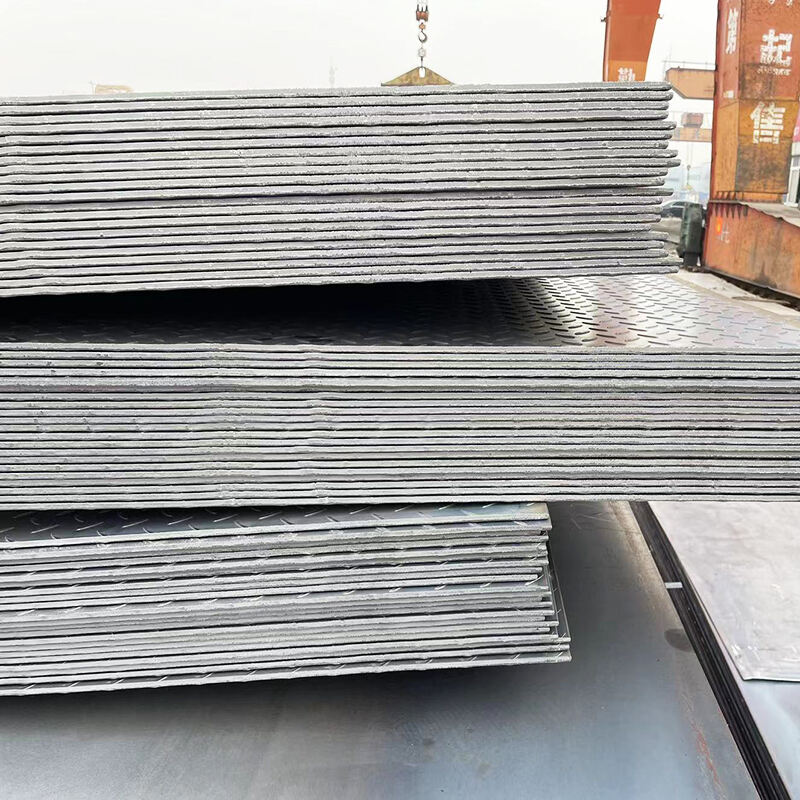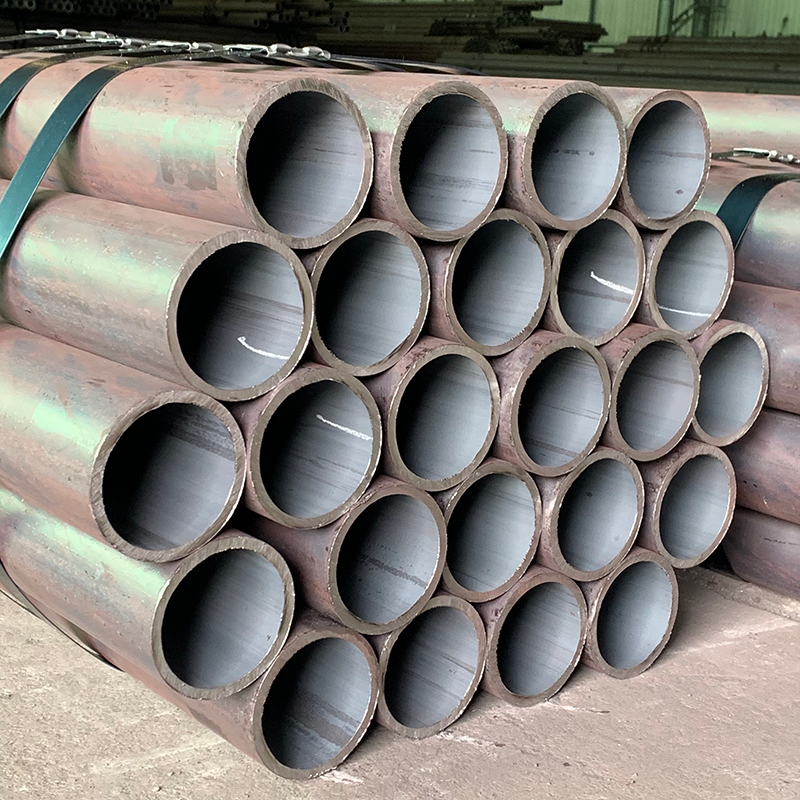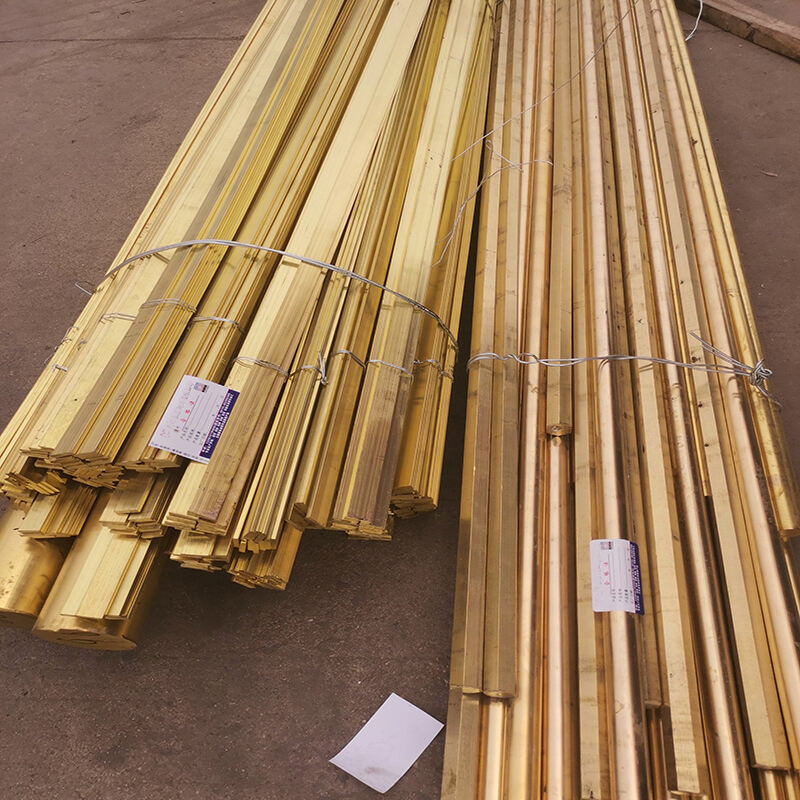bobina de acero inoxidable 316
a bobina de aceiro inoxidable 316 representa un produto de aceiro inoxidable austenítico de alta calidade que ofrece unha excepcional resistencia á corrosión e durabilidade. Este material versátil contén niveis máis altos de níquel e molibdeno en comparación con outros graos de aceiro inoxidable, o que o fai especialmente resistente aos cloruros e a varios produtos químicos agresivos. O formato de bobina permite un manexo e procesamento eficiente do material nas operacións de fabricación. Coñecida pola súa excelente formabilidade e soldabilidade, a bobina de aceiro inoxidable 316 mantén a súa integridade estrutural nunha ampla gama de temperaturas, desde condicións crioxénicas ata temperaturas elevadas de até 870°C. A composición do material inclúe normalmente entre 16-18% de cromo, 10-14% de níquel e 2-3% de molibdeno, creando unha aleación robusta que resiste a picadura e a corrosión por festóns. As súas aplicacións abranguen múltiples industrias, incluíndo o procesamento químico, ambientes mariños, fabricación farmacéutica, equipos para a industria alimentaria e aplicacións arquitectónicas. O formato de bobina posibilita unha produción económica de varios compoñentes mediante procesos como o corte, o conformado e a soldadura, mantendo ao longo de todo o material propiedades consistentes.


